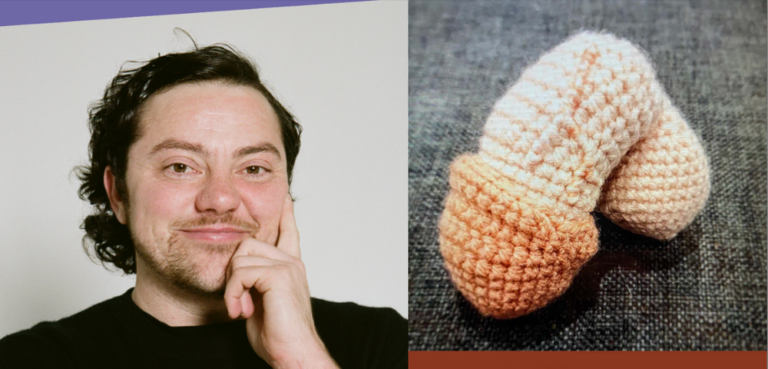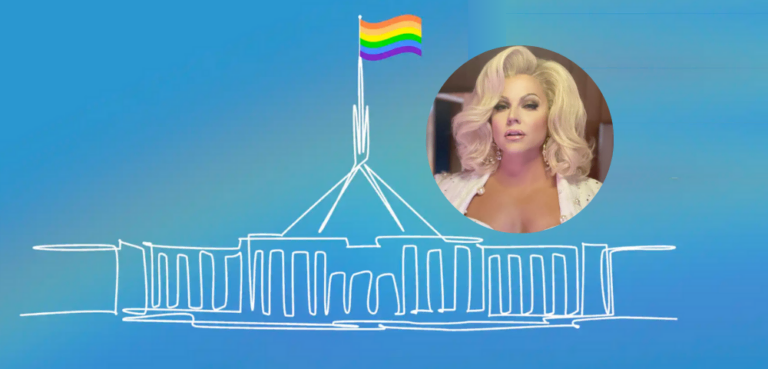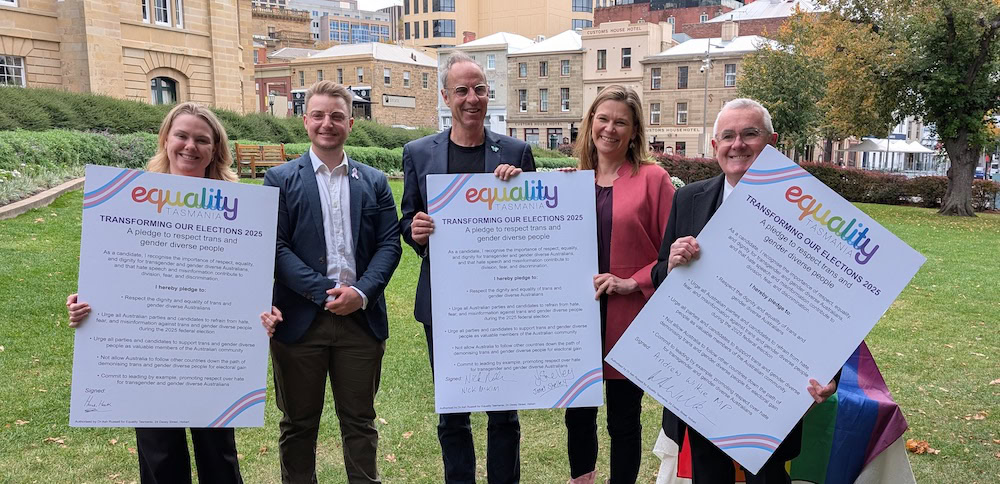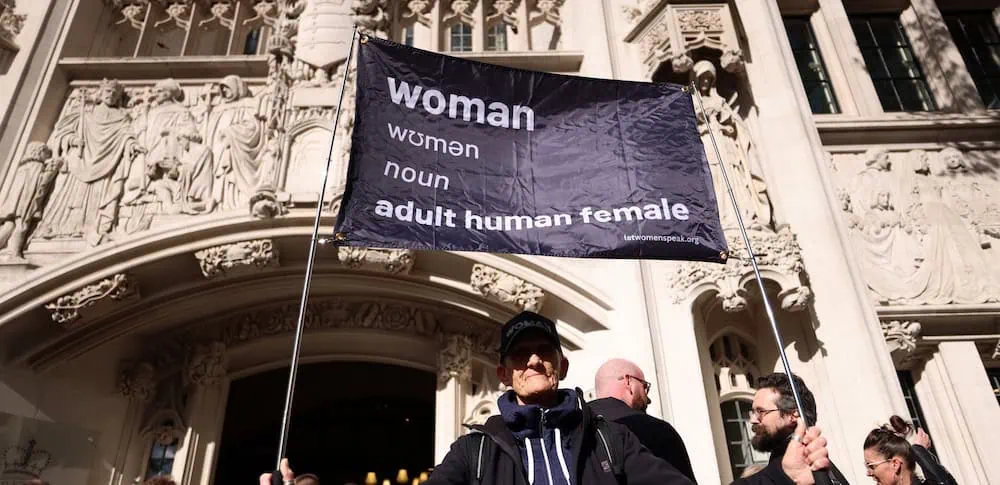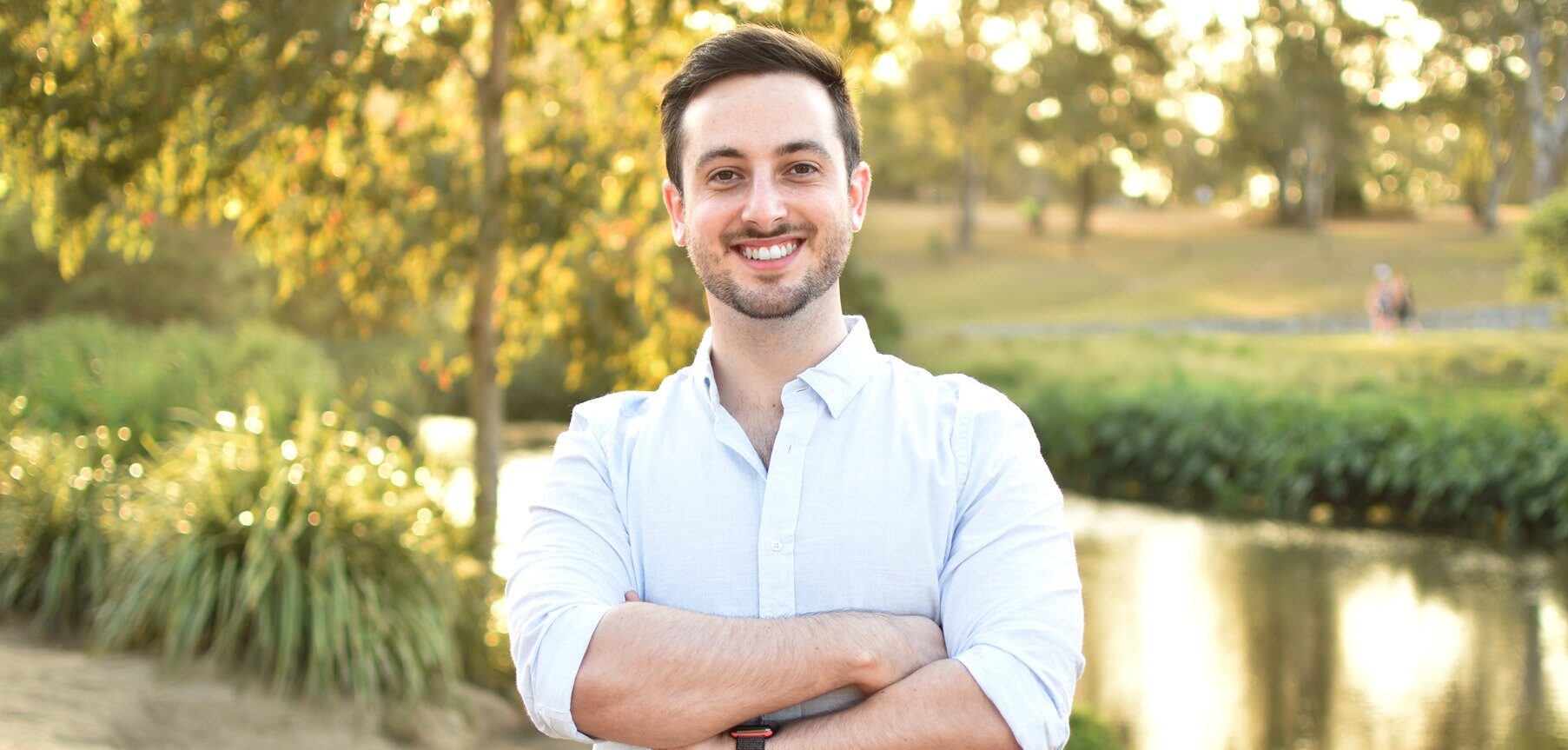
New toolkit improves legal services for LGBTIQ people

Since the first Community Legal Centre was set up in Australia in the early 1970s, CLCs have been committed to pushing for positive systemic social change and providing free legal services to the communities who need it most. The LGBTIQ community have and continue to face significant social disadvantage, with debates surrounding Safe School, anti-discrimination and religious freedoms, taking an ongoing toll on the mental health and wellbeing of our communities.
In effort to combat these overarching issues, recently the Victoria Law Foundation funded St Kilda Legal Service’s LGBTIQ Legal Service to create an inclusive practice toolkit so as to educate the broader legal profession in better ways of interacting with LGBTIQ individuals, and cases.
“We wanted to provide to the legal sector an inclusive practice tool kit, so both private law firms and other legal organisations can actually provide a respectful legal service to the community” explains LGBTIQ Legal Service Coordinator Sam Elkin “We know from our research that a lot of people who are LGBTIQ identifying don’t trust or feel that they would be respected by a lawyer.”
The reasons for this mistrust are varied, however as Sam explains, the discrimination felt, might not be intentional.
“People have expressed experiences of what we might call unintentional discrimination, around misgendering, or problematic assumptions – those ignorant mistakes that Lawyers engage with that don’t meet our communities’ experiences.”
“There’s a lot of discrimination complaints, in the provision of health care, and in employment, for example, being bullied out of a job because you are gay and, in the country”
“Or trans people just not being able to get a job. Police complaints are also a common theme, often in regard to their response to family violence situations or failure of the police to correctly identify the respondents”
The guide, launched on the 27th of February, is intended to be read and used by community lawyers, administrators, volunteers, union delegates and managers, and sets out a draft of measures, that can be applied to legal organisations, setting out audits, anti-discrimination policy and key terms of reference to be used within the workplace.
“It’s a time of high stress going to court” Sam concludes “Having these kinds of experience from your own representative can be difficult. By releasing this tool kit, we are trying to address the underlying reasons for that and to build the capacity of the sector as a whole.”

